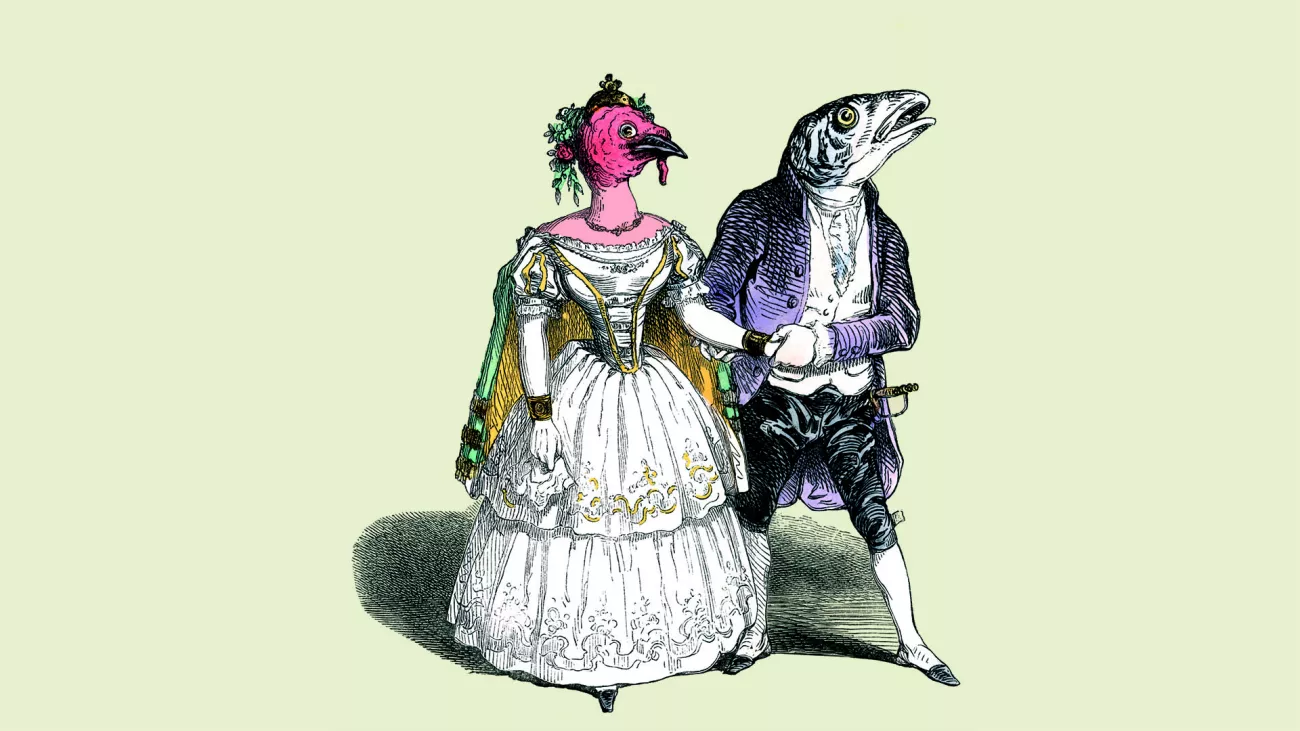TRAGÉDIE EN MUSIQUE in one prologue and five acts by Jean-Baptiste Lully. Poem by Philippe Quinault after Ovid’s Metamorphoses. Premiered at the Académie royale de musique on 27 April 1673.
Revival of the production first performed on 21 January 2008 at the Opéra Comique

On an April night in 1673 at Rue de Vaugirard in Paris, curious spectators discover the very first French opera in a real tennis court converted into a modest theater. The libretto to Cadmus et Hermione was written by a renowned member of the Académie Française with a score by the king’s brilliant music superintendant. Their sung and danced work has the refinement of courtly entertainments though it is set in a drama of unprecedented consistency and a still Baroque diversity. Deviating from the Italian model so as to better appeal to his public and his king, Lully lays the foundations of French opera: architecture, language, poetics, everything was to stem from this magnificent masterstroke, whose authenticity and vitality this production seeks to recreate. The stormy love affair between intrepid Cadmus and faithful Hermione marked the advent of both an institution and a genre which established their singularity in European music.
Prologue
Allegory in praise of the King as Sol invictus. Interrupting the peaceful plays of rustic deities, nymphs and shepherds, Envy rouses the monstrous serpent Python, which is soon struck down by the Sun’s light. Bathed in its protective brightness, the plays resume more cheerfully.
Act I
Egyptian prince Cadmus in search of his sister Europa has stopped in Greece where he has fallen under the spell of Mars’s daughter Hermione. She is courted by the local king, a ludicrous giant under the god’s protection. To win her, Cadmus must overcome the obstacles set up by Mars around the princess, who is also defended by Juno. Cadmus is joined by Pallas.
Act II
While his companion Arbas is busy with the ladies of Hermione’s retinue – he turns down the Nourrice’s advances and woos Charite – Cadmus bids farewell to his beloved. Cupid endeavors to entertain the princess and promises her to protect the one she loves.
Act III
This is time for the first test: Cadmus is to defeat Mars’s dragon that terrifies his comrades by devouring two unfortunate Africans. Arbas feigns to fight it but it is eventually slain by Cadmus. Mars’s priests sacrifice to him yet he rejects their offerings and demands more deeds.
Act IV
Cadmus gathered the dragon’s teeth: he sows them and from each tooth a fierce warrior arises. Cupid throws a grenade among them so that they kill each other. The few survivors side with Cadmus. The Giant and his army launch an attack on the prince but Pallas petrifies them with his shield bearing Medusa’s head. Cadmus meets his princess again but Hermione is abducted by order of Juno.
Act V
Cadmus despairs and Pallas reassures him: the gods, under the aegis of Jupiter, give Hermione back to him and bless their love. The nuptials of Cadmus and Hermione are celebrated with a magnificent feast filled with songs by Arbas, Charite and the Nourrice.
Direction musicale, Vincent Dumestre • Mise en scène, Benjamin Lazar • Avec André Morsch, Claire Lefilliâtre, Arnaud Marzorati, Jean-François Lombard, Isabelle Druet, Arnaud Richard, Camille Poul, Geoffroy Buffière, David Ghilardi, Romain Champion, Vincent Vantyghem, Luanda Siqueira • Danseurs, chœur et orchestre du Poème Harmonique
See all the castLundi 29 Novembre 2010 - 20h
Mardi 30 Novembre 2010 - 20h
Jeudi 02 Décembre 2010 - 20h
Vendredi 03 Décembre 2010 - 20h
Dimanche 05 Décembre 2010 - 15h
Salle Favart
108, 87, 65, 40, 15, 6 €
Cast














Soloists, dancers, chorus and orchestra of the Poème Harmonique
Production, Opéra Comique
Co-production, Centre de Musique Baroque de Versailles, Fondation Royaumont, Opéra de Rouen-Haute Normandie, Théâtre de Caen, Le Poème Harmonique
Set design founded by « Musiques du Baroque Français »
Revival of the production first performed on 21 January 2008 at the Opéra Comique
Partnership


























